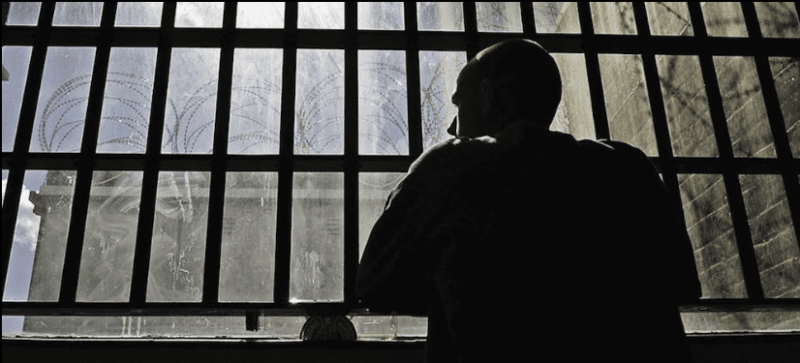
For more than two decades imprisoned in California, Samual Brown worked more than a dozen different jobs and was transferred between penitentiaries throughout the state – earning less than a dollar per hour. At the beginning of the pandemic, he worked as a healthcare facility worker tasked with disinfecting areas where inmates with Covid had been held. He wanted to quit his job – he had asthma and risked his life – but was told he “had no choice”. By the time Brown was released in December 2021, he had paid just $3,000 of the more than $37,000 in restitution he owed the state.
“That is tied directly into the same type of practices from slavery,” Brown, who is co-founder of the Anti-Violence Safety and Accountability Project, says. “That’s the same practice, the same energy, the same spirit that you see in this prison setting. A person can be on one plantation, and then they’ll be moved to another plantation, and you’ll never see the people who you […]











And it’s insightful to see which companies are benefitting from cheap labor!
https://www.afsc.org/newsroom/%E2%80%9Ccompanies-use-prison-labor-whole-foods-mcdonald%E2%80%99s-walmart-victoria%E2%80%99s-secret-att-bank
Big names! Walmart is one. Mac Donald’s Whole Foods, etc etc. Over the years I participated in educational programs in prisons. And there a number of universities that conducting the programs that allowed prisoners to receive a graduate degree. There were some who were teaching meditation and debate. But the Deep South tends to be last to open to these kinds of education. Esp. states like Louisiana and Mississippi which are the ‘deep heart’ of racism in America. There are variations in towns that stand out.
And then there are large numbers of evangelical Christians.. extreme right. Their programs support the extreme right